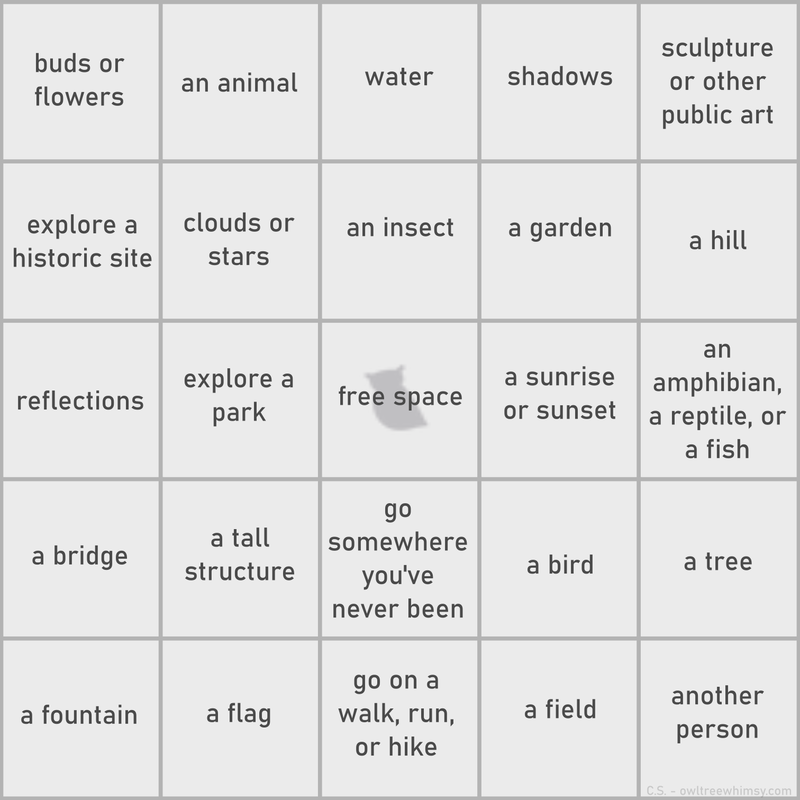|
To continue on the theme of "exploration", I formed this (intentionally incomplete) list of some thoughts we may have as we encounter other people, new places, familiar places in a new light, and new ideas. Since each of us respond to life in a unique way, we would each have changes to make to the following list. Feel free to adapt the list to fit you if you decide to add the list to your reflection or journalling time. We shall not cease from exploration In May, Kevin and I marked our first year in our new home. This anniversary provided us with an opportunity to reflect on how our life and condo have evolved. We have made some updates, bought a few new pieces of furniture, and adapted to the flow of a new dwelling. We also have made connections in our new neighbourhood. Overall, our feelings of calm here have only increased. This year also marks the 150th anniversary of our city, Winnipeg. In my almost eight years as a resident, the city has expanded and changed. Historic books, photographs, and other records further illuminate Winnipeg's many developments. Since my first visit here in 2011, my perspective on the city has adjusted according to what I have learned and experienced. And I look forward to growing in my understanding of Winnipeg as the years go on. Much like the La Salle, Seine, Red, and Assiniboine rivers that hydrate and refresh Winnipeg's land, learning and reflection offer a chance for personal renewal. Keeping an open mind helps us notice subtle shifts in our life and surroundings. Rather than impose preconceptions, we can try to see things for what they are. We can find people and places that are truly welcoming and safe. We can find nature spots that genuinely renew us. We can find hobbies and interests that awaken something deep within us. And there need be no hurry as we explore our world. We have likely heard the saying: "perfect is the enemy of good". Yet, I know I'm one of many who still try toward perfection at times. A comforting reminder that perfection, even symmetry, is unnecessary to perhaps even wasteful, can be found in nature. From wobbly kittens learning to walk to the Fibonacci sequence on display in shells and sunflowers, we are drawn to the beauty of imperfection. Even the simple task of drawing a circle by hand reminds us that symmetry isn't easy or natural to achieve. We also enjoy narratives centring on imperfect characters that seem relatable and down-to-earth. And our favourite mentors and leaders tend to have demonstrated their flaws alongside their strengths. Perfection is not just a myth, it is something we tend to say we want but don't often find the most attractive. I think the healthiest position is one of balance; if perfectionist tendencies are on one side and preservation tendencies on the other, to aim somewhere between the two. I naturally reflect and seek out progress, so I hesitate to stay in preservation mode, seeing it as stagnation. Yet my creativity, compassion, and self-care efforts quickly deplete when I spend too long trying to attain some form of perfection. Becoming less demanding of myself can leave me more room for creativity, fun, and growth. Learning is not possible without making mistakes, so perfectionistic ways are working against learning and growth. Yes, fearing failure can make us seek comfort, but over-striving can burn us out. I don't love looking at a night sky scattered with stars because it is symmetrical, evenly aligned, or without flaw. I love it because it makes me feel inspired, hopeful, and alive. I want to make an effort to seek out balance towards goodness to help me feel more deeply me. For this month's Meandering Reflective post, I decided to revisit my springtime-themed bingo: "Colour Outside The Lines". As our respective regions become warmer, this bingo card can help encourage exploration. Perhaps you may want to use the bingo card as a jumping-off point for creative endeavours such as photography, painting, drawing, writing, or musical composition. Perhaps you'll want to use the card to inspire city walks, visits to nearby green spaces, or as a road trip companion. However you utilize the bingo card, may your adventures be fun and safe! |


